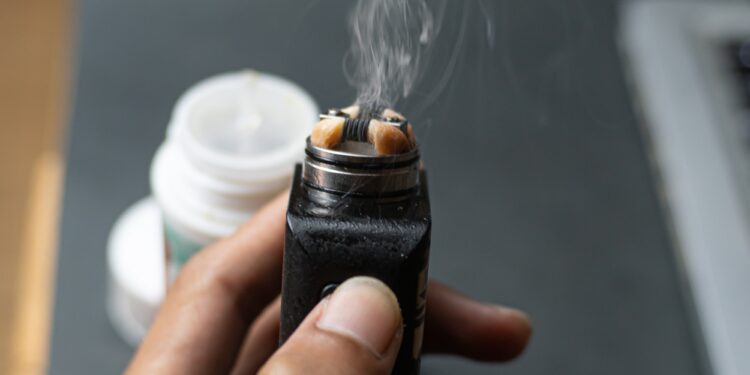Tobacco-related products have made a significant entry into the market in recent years, and their consumption among the population has grown considerably. Their impact on human health—an asset that must be protected and safeguarded within a social state, as is typical in advanced societies—justifies their regulation. Protecting health is both a demand of individuals and society and an obligation to be fulfilled by public authorities. Furthermore, the marketing of these products must comply with the specific rules governing the market. Within the European context, with the establishment of a borderless internal market, legislation must ensure the free movement of products without internal barriers that hinder competition. In addition, the consumption of tobacco-related products is considered a (transitional) less harmful alternative to traditional tobacco and, therefore, a useful instrument for reducing smoking. All of these issues are addressed in The Regulation of Tobacco-Related Products: An International Comparison from a Good Governance Perspective, which provides a comparative analysis of the regulatory frameworks for these novel products in several countries.
The ultimate objective of any policy addressing the relationship between tobacco and health is to reduce consumption or eliminate it entirely—that is, to achieve a smoke-free country, defined as 5% of the population. Alongside this, it is essential to prevent young people and minors from initiating tobacco and related product use, which requires determined and continuous educational policies with a particular focus on prevention. With these goals in mind, countries have adopted two main approaches to public intervention: some more restrictive, others more flexible, and an intermediate, moderate stance that seeks to balance the two.
The first, more traditional approach advocates maintaining strict restrictions on alternative tobacco products, ensuring that manufacturing, marketing, and consumption rules are aligned with those governing traditional tobacco. This equalization of regulations is based on the potential harm that new products may pose to human health.
The second approach acknowledges the existence of tobacco-related products under the premise of harm reduction, treating them as alternative instruments to tobacco consumption and as a transitional pathway toward ultimately quitting smoking.
The regulatory framework for tobacco-related products covers, among other aspects, manufacturing (including nicotine concentration), labeling, packaging, flavor variety, prior and post-market administrative control, advertising, health information, and sales. Within this range of regulatory factors, public authorities may choose to address those they consider most effective for achieving the stated objectives, applying the intensity of regulation they deem appropriate within the restriction-permissiveness spectrum.
In this context, Spain currently enforces Royal Decree 579/2017 of June 9, which regulates certain aspects of the manufacturing, presentation, and marketing of tobacco and related products in accordance with Directive 2014/40/EU of April 3. The directive establishes provisions to improve the functioning of the internal market with respect to tobacco and related products, including rules on labeling, health warnings for traditional tobacco, and provisions regarding electronic cigarettes, though it does not regulate nicotine pouches. In 2024, Spain developed the Comprehensive Plan for the Prevention and Control of Tobacco Use 2024–2027 (PIT), a holistic strategy to combat both tobacco consumption and new related products. According to the PIT, tobacco-related products convey a misleading perception of reduced health harm compared to traditional cigarettes, thereby justifying equal legal treatment with the latter. The draft Royal Decree (PRD), which would amend the 2017 Royal Decree, responds to the need to extend tobacco regulations to new products not covered by the Directive or the 2017 Royal Decree. The PRD aligns with the PIT and introduces measures that have faced criticism for being disproportionate relative to their objectives and for potentially harmful effects on competition.
To this regulatory framework, we must add the approval on September 9, 2025, by the Council of Ministers of the draft Tobacco Law, which, among other measures, prohibits smoking and vaping by minors, imposes restrictive rules on the advertising and promotion of tobacco products, and expands smoke-free spaces.
María Mercedes Serrano Pérez, Associate Professor of Constitutional Law (UCLM) and collaborator of the Fundación Alternativas







